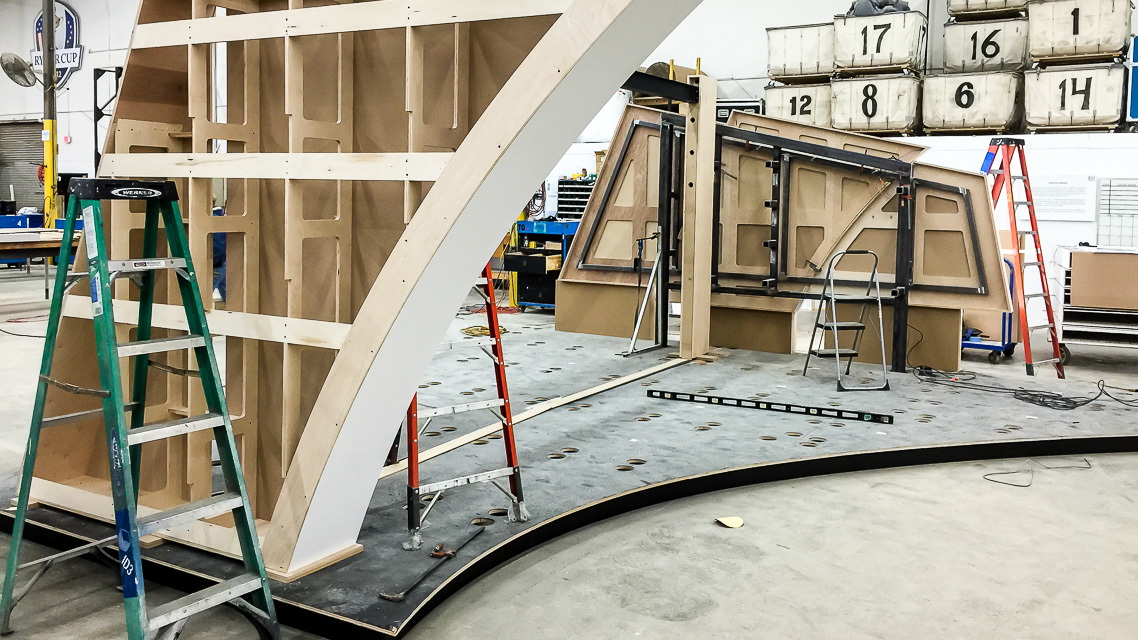Seoul Courtroom Rejects Slave Labor Declare From Japanese Firms | Business enterprise News
By KIM TONG-HYUNG, Linked Push
SEOUL, South Korea (AP) — A South Korean court on Monday rejected a assert by dozens of Entire world War II-period Korean factory staff and their relations who sought payment from 16 Japanese providers for their slave labor for the duration of Japan’s colonial profession of Korea.
The final decision by the Seoul Central District Court docket appeared to run in opposition to landmark Supreme Courtroom rulings in 2018 that purchased Nippon Metal and Mitsubishi Major Industries to compensate Korean pressured laborers.
It mostly aligns with the placement maintained by the Japanese govt, which insists all wartime payment challenges have been settled less than a 1965 treaty normalizing relations amongst the two nations that was accompanied by hundreds of millions of dollars in financial help and loans from Tokyo to Seoul.
A full of 85 plaintiffs had sought a merged 8.6 billion gained ($7.7 million) in damages from 16 Japanese firms, which includes Nippon Steel, Nissan Chemical and Mitsubishi Heavy Industries.
Political Cartoons on Entire world Leaders

Political Cartoons

The courtroom dismissed their civil lawsuit following concluding the 1965 treaty doesn’t permit South Korean citizens to go after legal action towards the Japanese federal government or citizens about wartime grievances. Accepting the plaintiffs’ claim would violate international legal ideas that international locations can’t use domestic law as justification for failures to accomplish a treaty, the court claimed.
Some plaintiffs explained to reporters outside the house the court docket they planned to attractiveness. An emotional Lim Chul-ho, 85, the son of a deceased compelled laborer, said the courtroom made a “pathetic” determination that really should have never ever transpired.
“Are they genuinely South Korean judges? Is this seriously a South Korean court?” he asked. “We really don’t want a region or federal government that doesn’t defend its personal men and women.”
It was not promptly very clear how the ruling would influence diplomacy concerning the estranged U.S. allies, which have confronted strain from the Biden administration to mend relations that sank to postwar lows all through the Trump several years over record and trade disputes.
South Korea’s Overseas Ministry reported in a statement that it respects the choices by domestic courts and is willing to engage in talks with Tokyo to come across “rational” remedies that can satisfy both equally governments and the wartime victims.
Japanese Chief Cupboard Secretary Katsunobu Kato mentioned Tokyo was thoroughly seeing the developments in South Korea and hoping that Seoul would acquire a dependable motion to boost ties. He stated bilateral relations ended up even now in a “severe condition” because of problems linked to Korean compelled laborers and wartime intercourse slaves.
“We imagine it is significant for South Korea to act responsibly to take care of the fantastic challenges amongst the two nations around the world and we will be seeing concrete proposals by the South Korean aspect aimed at resolving the challenges,” Kato said at a news briefing.
The plaintiffs had explained the workers endured severe ailments that brought about “extreme” mental and actual physical discomfort that prevented them from resuming typical lives after they returned residence at the end of the war.
The Seoul court explained in its ruling that it had to take into consideration that forcing Japanese organizations to compensate the victims would bring about sizeable “adverse reactions” for South Korea internationally.
“A forcible execution (of payment) would violate the significant constitutional ideas of making sure the basic safety of the nation and sustaining buy, and would represent an abuse of power,” the court docket claimed, describing its ruling as an “inevitable” choice.
In April, the court docket issued a identical ruling on a claim by Korean victims of Japanese wartime sexual slavery and their relatives, a further sticking stage in bilateral relations. In that ruling, the court docket denied their declare for payment from Japan’s authorities, citing diplomatic considerations and concepts of worldwide regulation that grant countries immunity from the jurisdiction of foreign courts.
Relations between Seoul and Tokyo have been strained given that South Korea’s Supreme Court docket in 2018 ordered Nippon Metal and Mitsubishi Significant Industries to compensate Korean forced laborers. Individuals rulings led to even further tensions about trade when Japan put export controls on chemical substances essential to South Korea’s semiconductor industry in 2019.
Seoul accused Tokyo of weaponizing trade and threatened to terminate a army intelligence-sharing agreement with Tokyo that was a major image of their three-way security cooperation with Washington. South Korea eventually backed off and continued the deal right after currently being pressured by the Trump administration, which till then appeared written content to let its allies escalate their feud in community.
South Korea’s tone on Japan has softened due to the fact the inauguration of U.S. President Joe Biden, who has been stepping up attempts to bolster 3-way cooperati
on among the the nations that declined under Donald Trump’s “America first” strategy, to coordinate action in the experience of China’s growing influence and North Korea’s nuclear risk.
South Korean President Moon Jae-in in a nationally televised speech in March reported his federal government was eager to build “future-oriented” ties with Japan and that the countries ought to not let their wartime earlier to keep them again.
Linked Press writer Mari Yamaguchi in Tokyo contributed to this report.
Copyright 2021 The Involved Press. All rights reserved. This content might not be released, broadcast, rewritten or redistributed.








